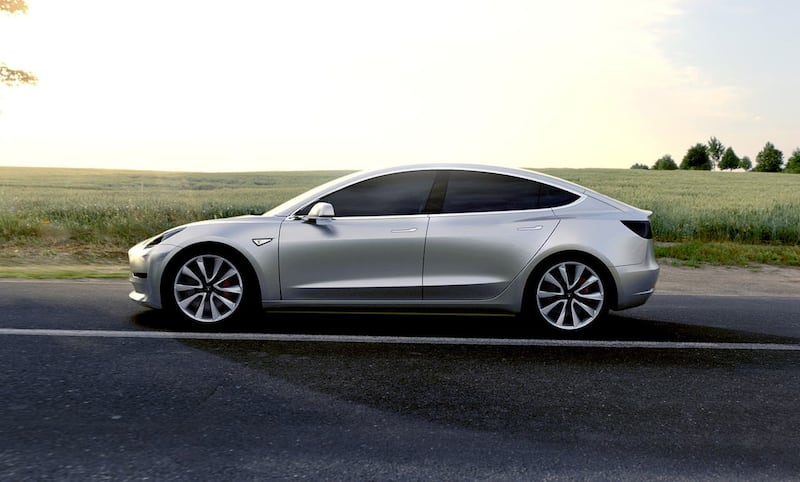Recent research has found that Tesla drivers wash their cars more than most, according to Motoring Experts at Scrap Car Comparison.
Using their Clean Car Calculator, 1,000 motorists were surveyed and they found that 22 per cent wash their cars once a month.
Tesla owners on average wash the exterior of their car 130 times a year, followed jointly by Honda and BMW at 52 times a year. On the flip side, the cars that are cleaned the least are Fords, Vauxhalls, Nissans, Volkswagens, Kias and Hyundais all scoring 12 times a year.
The research also asked motorists on their preferred method of cleaning a vehicle, and revealed that 37 per cent prefer to carry out an extensive clean on their cars by hand. A further 27 per cent visit a hand car wash, while one in five use automatic car washers.

David Kottaun, Operations Manager at Scrap Car Comparison said: “Washing your car regularly can seem like an unnecessary chore, but it’s much better to give your car quick washes fairly frequently, than leave yourself faced with a horrendously grubby motor to wash months down the line.”
He went onto say: “In most cases, we won’t have our cars for their entire lives, so putting in a little bit of work will not only help you be proud of your vehicle, but also increases the chance of getting a better resale price and minimise any value lost. It’s easy to think that skipping wash will have no ill-effects, but the reality is that one skipped wash too many could lead to many more costly problems in the long run.”


